After Chief Justice John Roberts authored a 6-3 decision giving former President Donald Trump immunity for many official acts as president, a 2005 video of Roberts saying the opposite during his confirmation hearing went viral, exposing him to significant criticism.
The video resurfaced almost immediately following the Supreme Court's ruling that Trump may claim immunity from criminal prosecution for some of his actions during the final days of his presidency—particularly for his role before, during, and after the Capitol riot—a decision that is expected to further delay his federal trial on charges he attempted to overturn the 2020 election results.
Roberts wrote the following in yesterday's landmark opinion:
“We conclude that under our constitutional structure of separated powers, the nature of presidential power requires that a former president have some immunity from criminal prosecution for official acts during his tenure in office. At least with respect to the President’s exercise of his core constitutional powers, this immunity must be absolute.”
“The President enjoys no immunity for his unofficial acts, and not everything the President does is official. The President is not above the law."
But he sang a different tune during his 2005 confirmation hearing when he made the following statement before the Senate:
"I believe that no one is above the law under our system and that includes the president. The president is fully bound by the law.”
You can hear Roberts' remarks in the video below.
Many were quick to call out the Justice's hypocrisy.
Trump's legal team believes that this ruling might significantly undermine special counsel Jack Smith's case, arguing that any communications Trump had with then-Vice President Mike Pence or Department of Justice officials could now be considered official, thus inadmissible at trial.
The legal team also suggested that this decision could benefit Trump in the classified documents case, although initial interpretations may not necessarily dictate the outcome of that legal process.
The Court clarified that unofficial actions are not immune, and has remanded the case back to District Court Judge Tanya Chutkan to determine what constitutes an official act versus a private one.
Moreover, the majority emphasized that official acts cannot be used as evidence in a potential trial, which could complicate Smith's efforts to establish Trump’s motive and other critical aspects of the case against him.

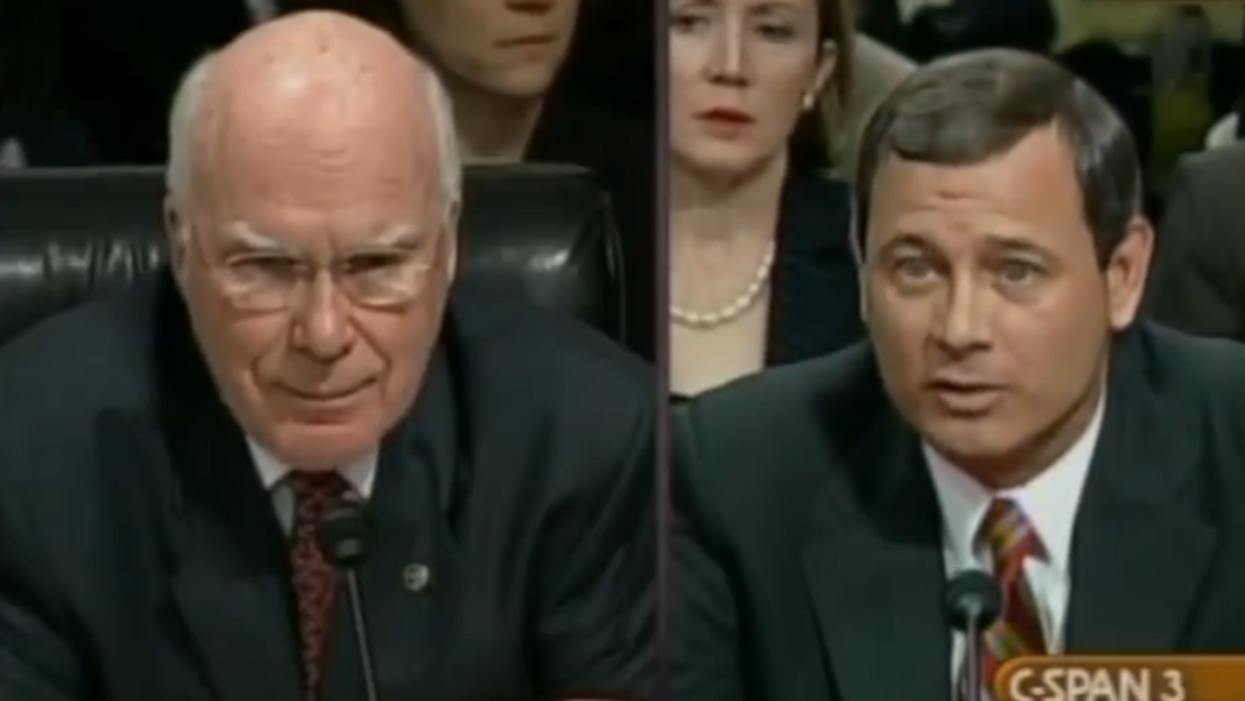

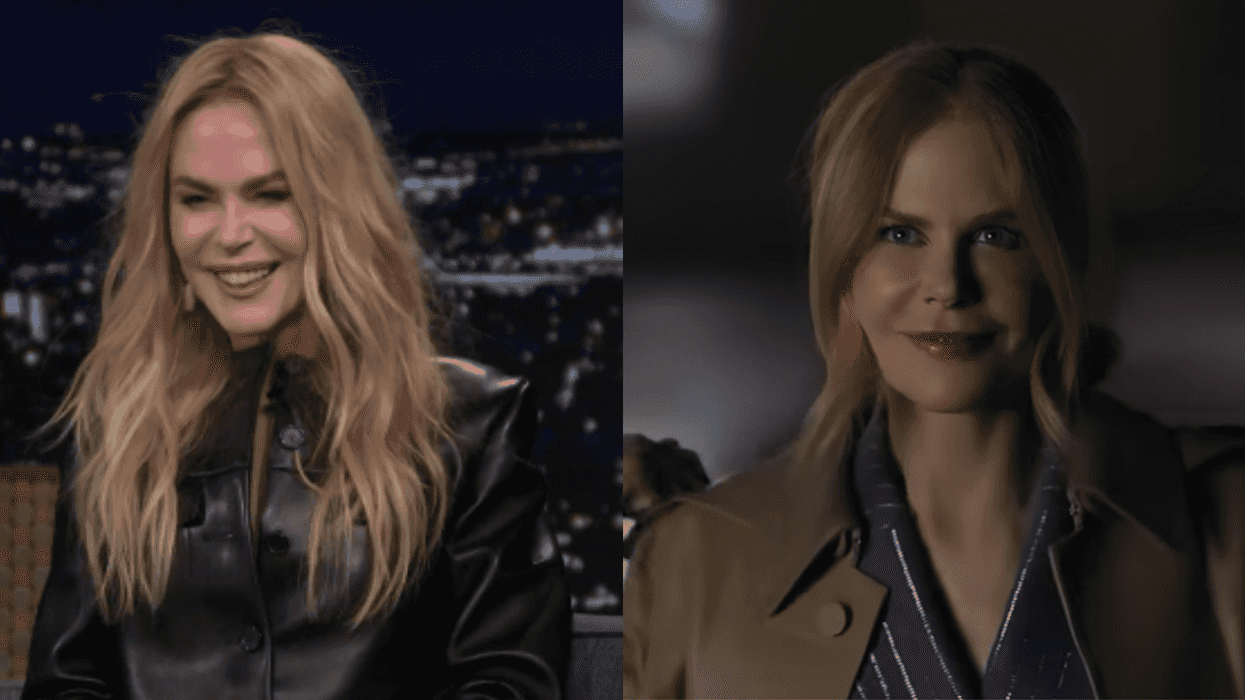
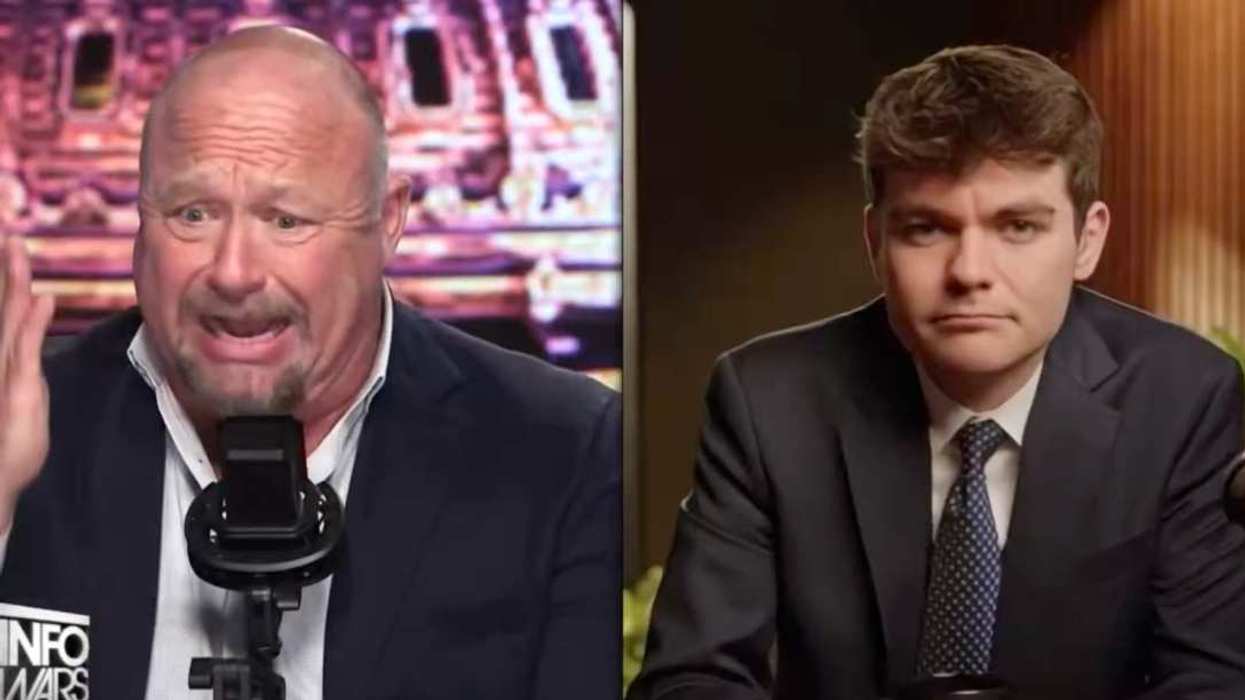
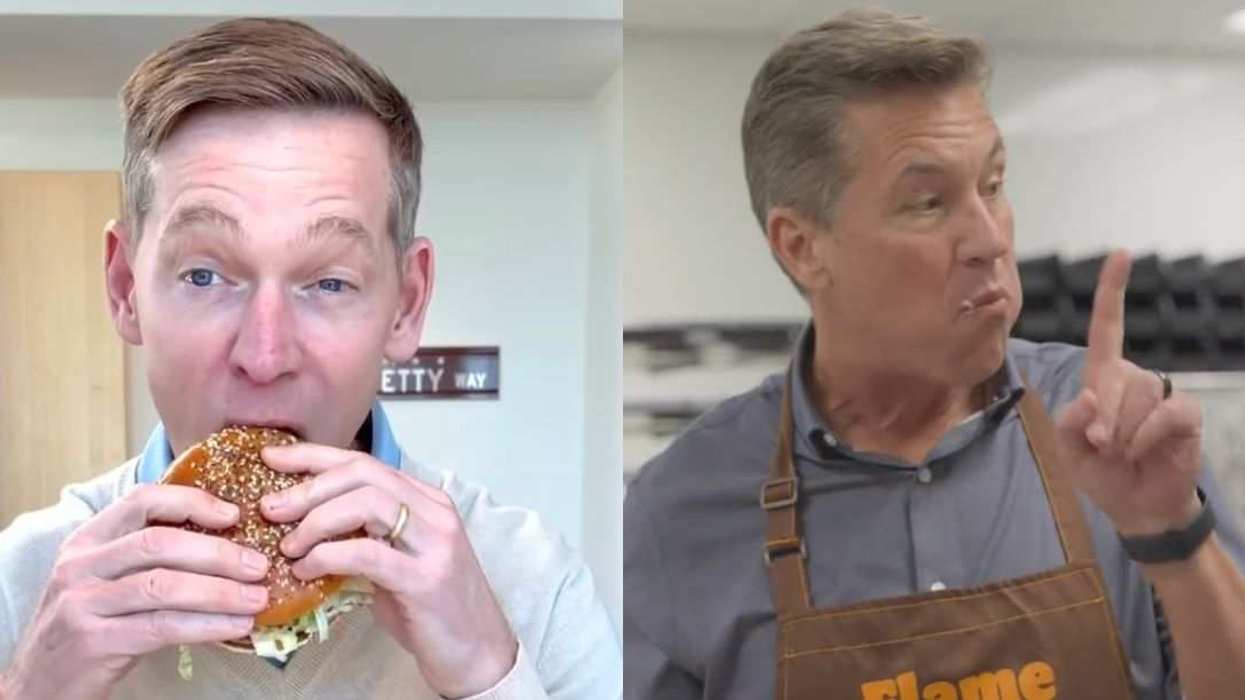
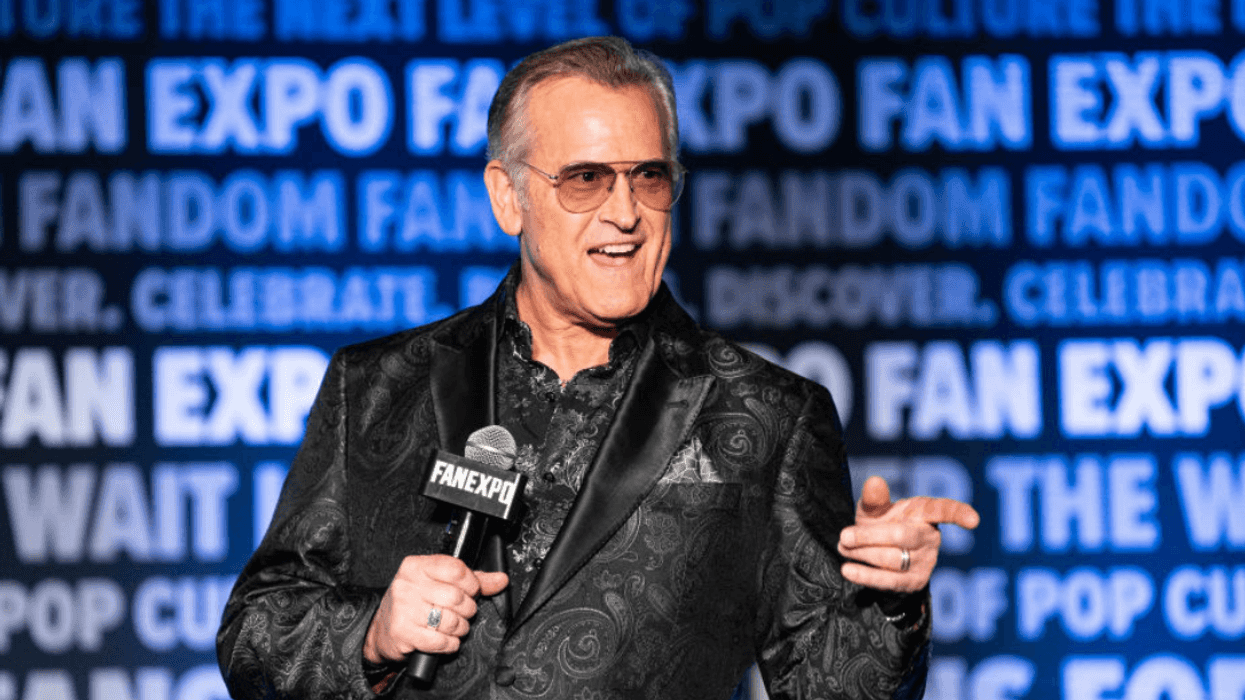
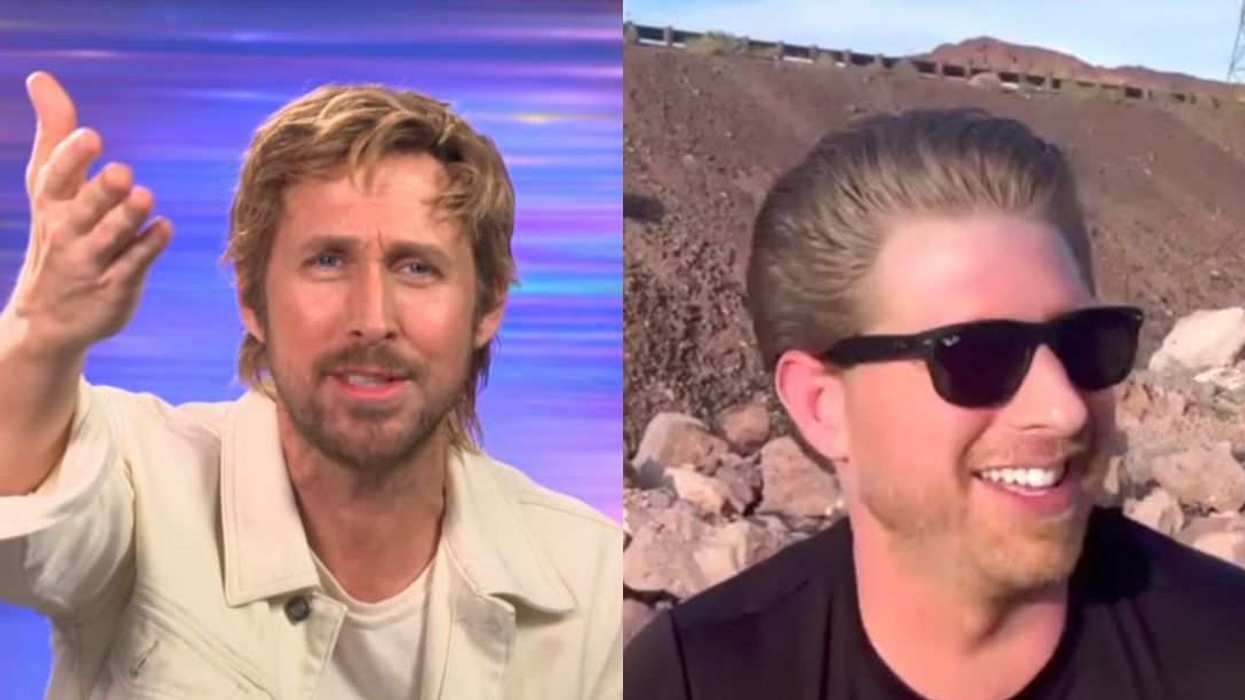


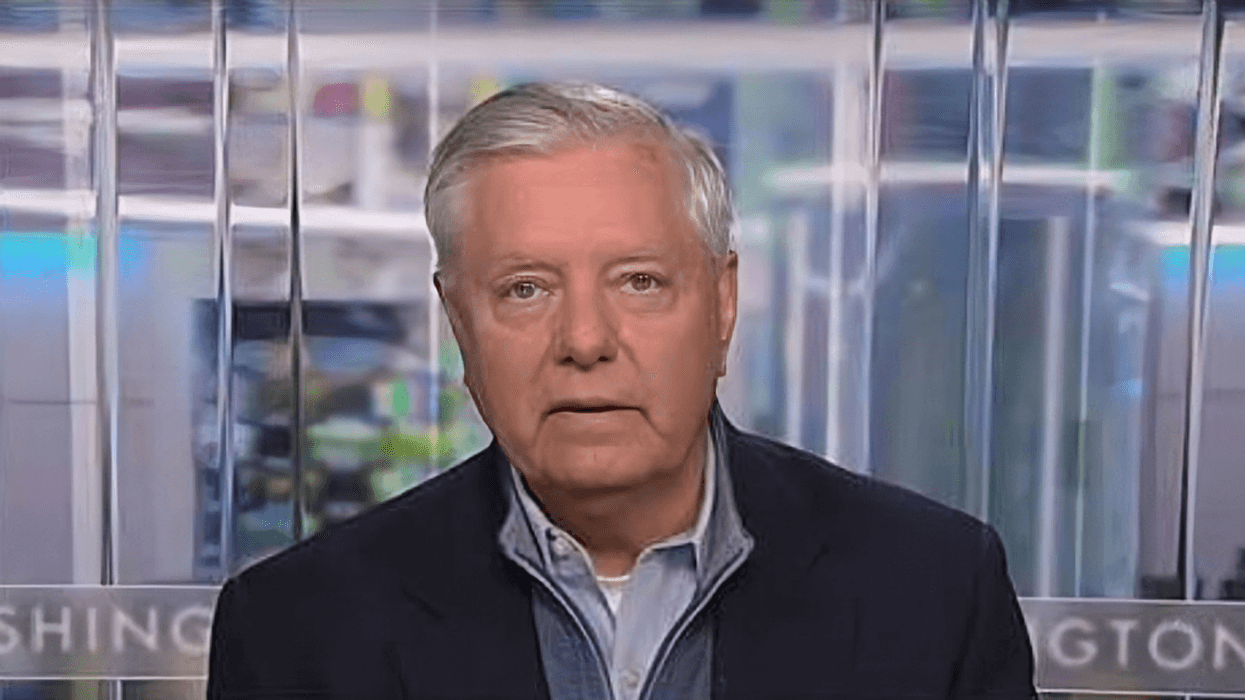


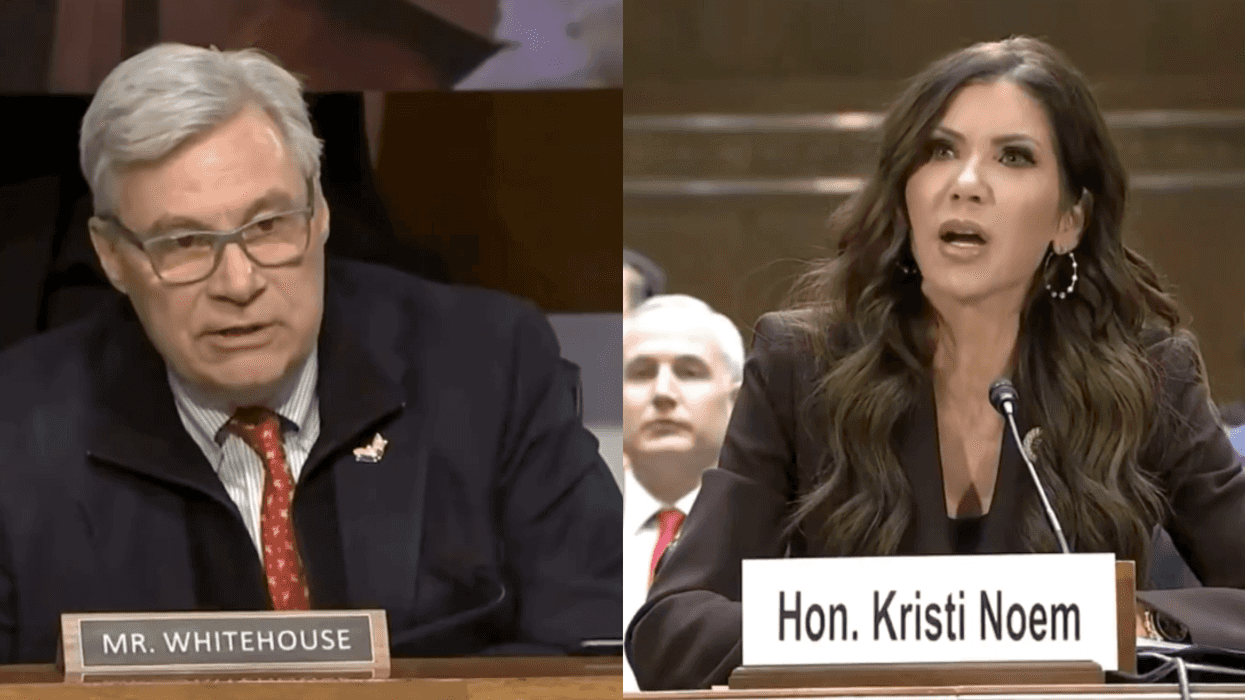
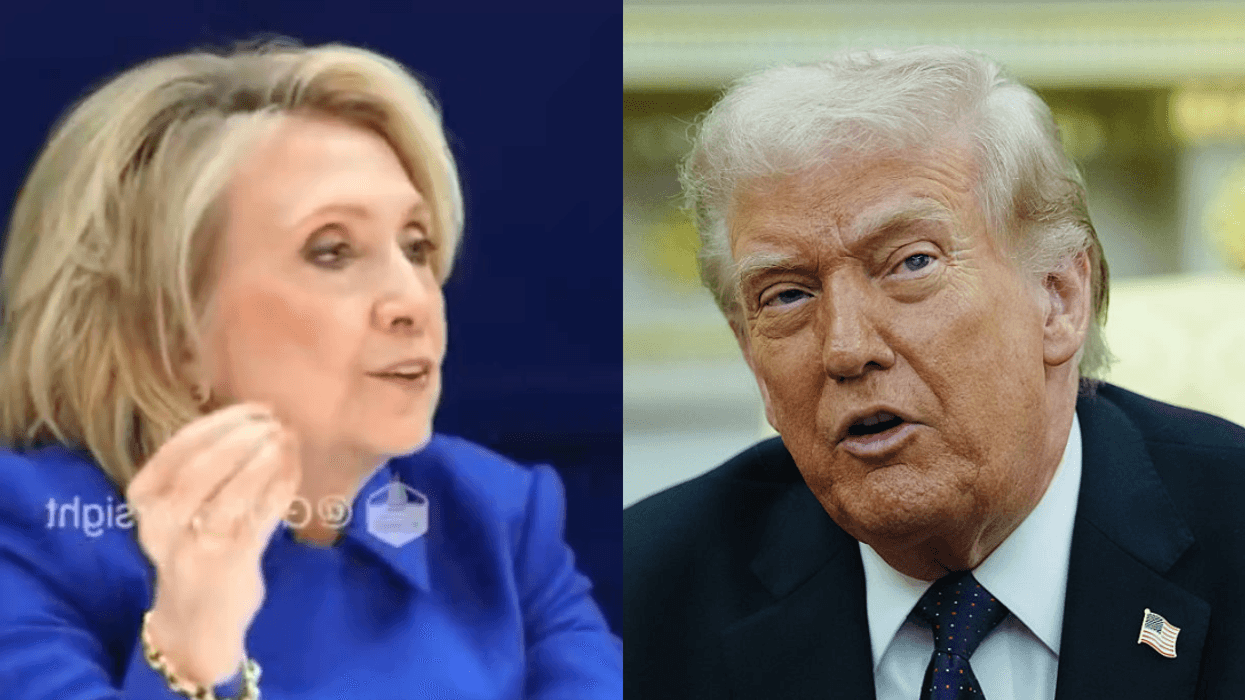

 @CNN/Instagram
@CNN/Instagram @CNN/Instagram
@CNN/Instagram @CNN/Instagram
@CNN/Instagram @CNN/Instagram
@CNN/Instagram @CNN/Instagram
@CNN/Instagram @CNN/Instagram
@CNN/Instagram @CNN/Instagram
@CNN/Instagram @CNN/Instagram
@CNN/Instagram @CNN/Instagram
@CNN/Instagram @CNN/Instagram
@CNN/Instagram @CNN/Instagram
@CNN/Instagram @CNN/Instagram
@CNN/Instagram @CNN/Instagram
@CNN/Instagram @CNN/Instagram
@CNN/Instagram @CNN/Instagram
@CNN/Instagram @CNN/Instagram
@CNN/Instagram @CNN/Instagram
@CNN/Instagram @CNN/Instagram
@CNN/Instagram @CNN/Instagram
@CNN/Instagram @CNN/Instagram
@CNN/Instagram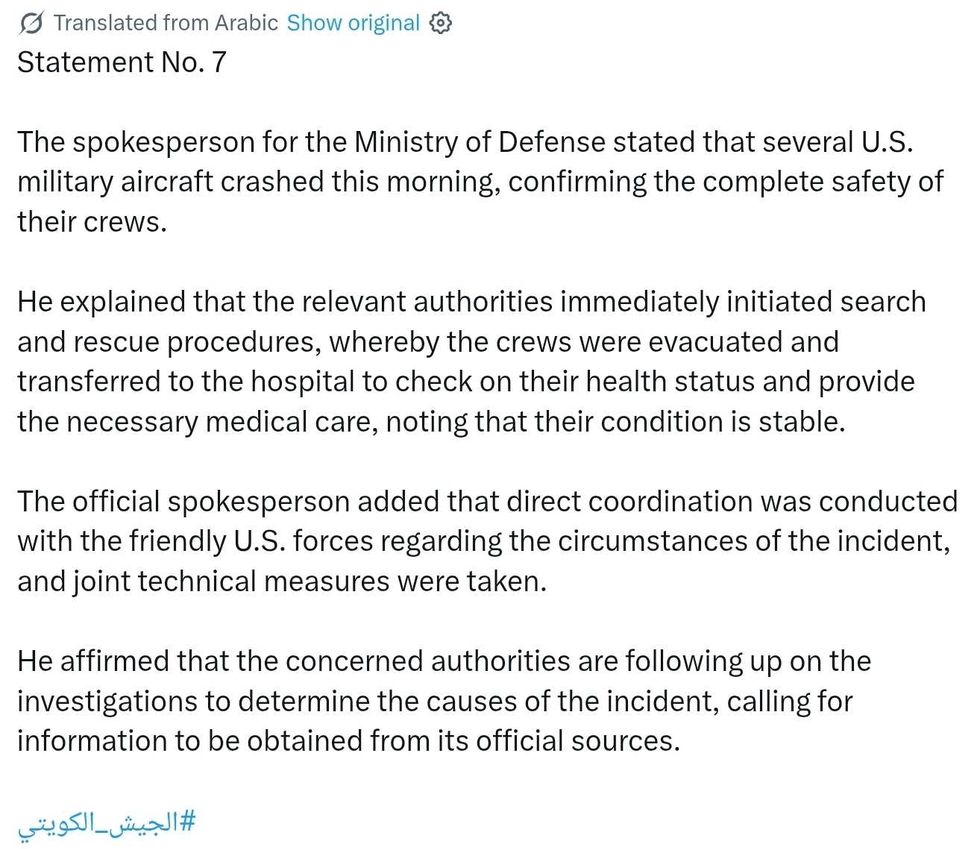
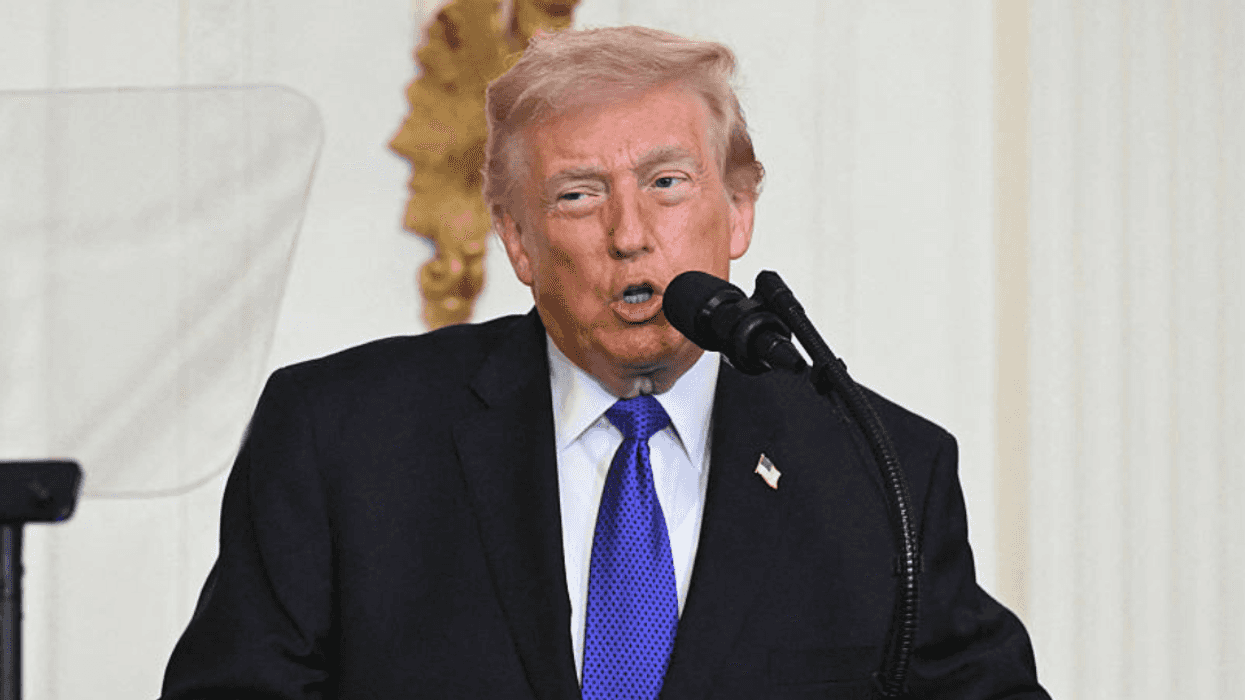
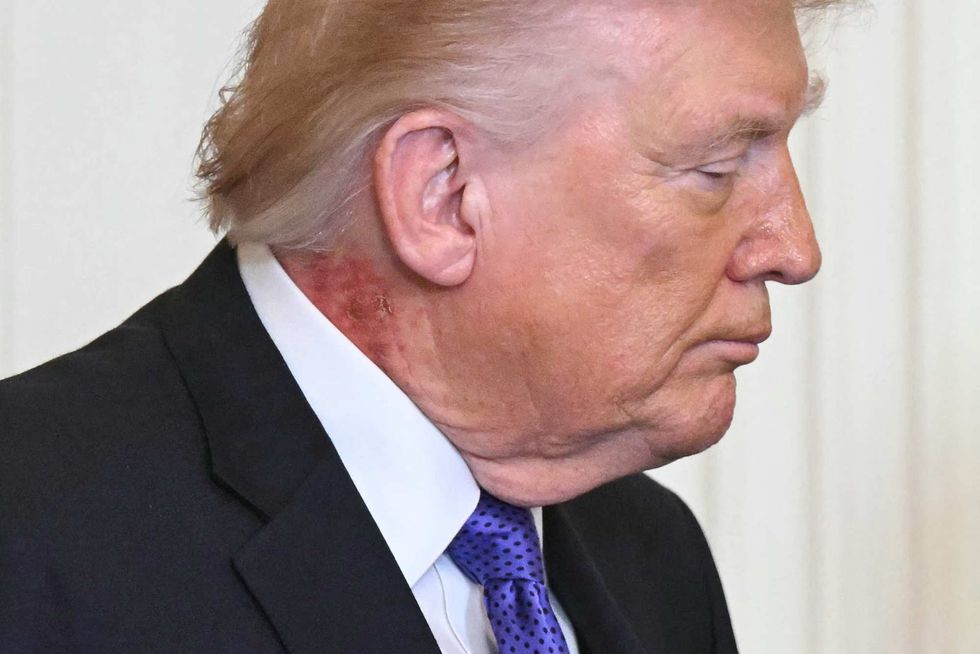 Saul Loeb/AFP via Getty Images
Saul Loeb/AFP via Getty Images